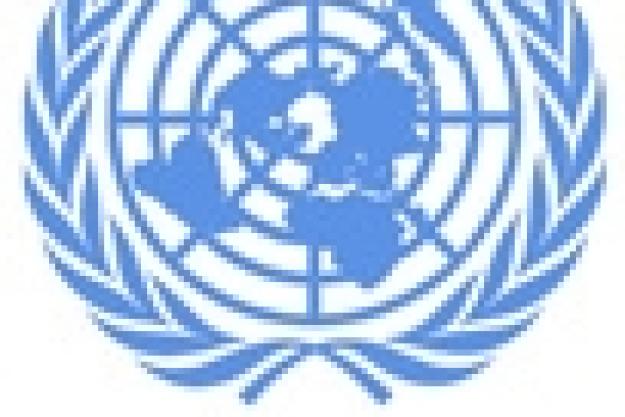
In his address to the First Committee of the United Nations General Assembly on 9 October 2006, the Director–General of the Organisation for the Prohibition of Chemical Weapons (OPCW), Ambassador Rogelio Pfirter, stated, “The Chemical Weapons Convention (CWC) is being effectively implemented, in particular, its disarmament agenda; and the OPCW has emerged as a solid institution that is carrying out its mandate with dedication and determination.”
He also provided a comprehensive overview of current developments in chemical disarmament and non-proliferation, while participating in a Panel of the First Committee of the United Nations General Assembly on the“Current state of affairs in the field of arms control and disarmament
and the role of the respective organizations”.
Director-General Pfirter briefed the Committee on the current status of the OPCW’s chemical weapons destruction programmes and progress being made by the possessor Member States, underscoring the need to ensure the effective implementation, in full and on time, by all States of their obligations under the Convention. Emphasising that the Convention required the complete destruction of all chemical weapons by 2012, he noted the political will to realise that objective and urged all States Parties to approach this issue in a constructive and forward-looking spirit.
While expressing satisfaction that the OPCW now numbered an impressive 180 States Parties, he appealed to the remaining countries in the Middle East to join the Convention describing their absence as a significant void on the map of OPCW.
Director-General Pfirter also urged countries in the Caribbean sub-region to accede at the earliest.
While deploring the DPRK’s claim to have conducted a nuclear test, Director-General Pfirter noted that coupled with its absence from the CWC, this development portended serious security implications for the region.
Outlining other challenges, the Director-General stressed effective national implementation of the Convention both as a treaty obligation, as well as a necessary safeguard against the possibility of terrorism involving toxic chemicals. He outlined progress made in this respect, following the Action Plan adopted by the First Review Conference and described full implementation by all States Parties as indispensable for the ultimate success of the Convention.
The Director-General recalled the fruitful cooperation between the United Nations, particularly the Department for Disarmament Affairs, and the OPCW and assured the First Committee that the OPCW, in keeping with its mandate, would extend its full cooperation in areas of common interest that had emerged following the adoption of UN Security Council resolution 1540 and the UN Global Counter-Terrorism Strategy.
Director-General Pfirter also enumerated several OPCW programme areas, which through effective implementation served to strengthen the object and purpose of the Convention, including: the robust verification regime covering both chemical weapons, related facilities, as well as the global chemical industry; programmes for assistance and protection, and the OPCW’s significant international cooperation activities. He stated that as Director-General he was particularly aware and supportive of the aspirations of the majority of Member States who were developing countries.
The Director-General reiterated his commitment to realise the international community’s and the Convention’s vision of a world free of chemical weapons, consistent with the principles and purposes of the United Nations and the provisions of its Charter to promote international peace, security, and stability.
The Director-General also hailed the Security Council’s announcement of its recommendation to the General Assembly that Foreign Minister Ban Ki-moon of the Republic of Korea be appointed Secretary-General of the United Nations for a five-year term starting January 1, 2007.
PR67 / 2006
